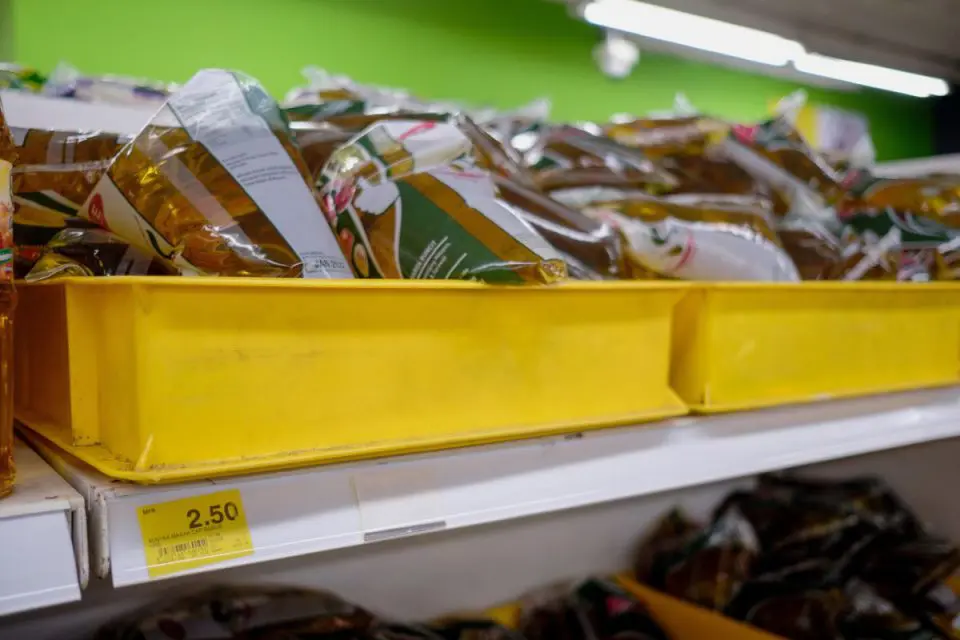KUALA LUMPUR, Nov 1 — The Cabinet has agreed in principle with the proposed implementation of a two-tier pricing mechanism to control cooking oil prices, said Acting Domestic Trade and Cost of Living Minister (KPDN) Datuk Armizan Mohd Ali.
The proposal includes a new approach to setting the prices of crude palm oil (CPO) for domestic and export distribution.
“Further instruction from the Cabinet regarding this proposal is for the relevant ministries to engage in direct discussions with industry players.
“I am confident the Ministry of Plantation and Commodities will make an announcement soon regarding the two-tier pricing approach for CPO,” he said during the winding-up debate on the 2024 Supply Bill for the ministry in the Dewan Rakyat today.
Meanwhile, KPDN will require RM1.9 billion to implement oil subsidies this year.
Armizan said the original RM500 million allocation was spent in the first two months of this year, while the RM400 million in additional funds had also been used.
“On Thursday (October 26), we received an additional RM350 million to cover this subsidy, and the Finance Ministry has given its commitment that additional allocations will continue to be channelled for the subsidy,” he said.
The allocation increases required for the purpose of implementing oil subsidies were due to unexpected and excessive increases in CPO prices.
In 2019, the government only allocated RM269 million for the subsidy, which increased to RM528.2 million in 2020, RM2.19 billion (2021), and RM2.41 billion last year.
In the meantime, in response to a question from Pulai MP Suhaizan Kayat as to whether the government had plans to prevent oil subsidy leakage, Armizan said the distribution of oil based on zones is among the recommendations being considered to overcome the issue.
“Currently, we distribute according to state, but perhaps it would be easier to monitor through distribution by zones, like North, Central, South, Sabah, and Sarawak zones.
“However, we will look at the audit report expected in the first quarter of next year, using it as a reference to design a new and better mechanism,” he said.
Elaborating, Armizan said from January to September this year, KPDN recorded 169 enforcement actions related to cooking oil, with RM1.85 million in seizures as well as receiving 624 case submissions from various related agencies involving RM4.4 million in seizures.
KPDN also saw the need to strengthen the Malaysia Competition Commission (MyCC) and the Competition Act 2010 (Act 712) to improve the enforcement of cartel control related to price fixing, production, market control, and bid-rigging in procurement.
“Since its establishment in 2011, 275 companies were fined by MyCC, with 430 cases still under investigation,” he said.
Commenting on the Rahmah Sales programme, Armizan said KPDN would launch the Rahmah discount card tomorrow as an incentive for all cafe and restaurant operators who have been supporting the government’s Rahmah initiative.
“With this card, these operators will be able to purchase business essentials at a certain discount rate at six supermarkets which have collaborated with the ministry,” he said.
— Bernama





